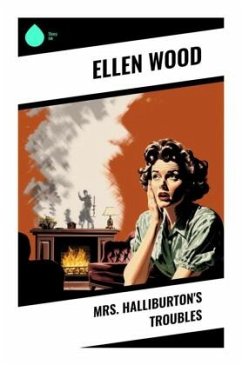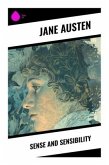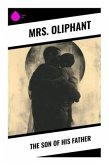Ellen Wood's "Mrs. Halliburton's Troubles" is a poignant exploration of Victorian societal norms, particularly regarding gender and class. Through the lens of its titular character, Mrs. Halliburton, the narrative weaves intricate emotional landscapes and moral dilemmas, characterized by Wood's rich prose and keen psychological insight. The novel highlights the complexities of female agency and the burdens of marital expectations within a patriarchal society, making it a significant work in the context of 19th-century literature and reflective of the era's evolving views on women's roles. Ellen Wood, a prominent novelist of her time, drew on her own experiences and challenges navigating the socio-economic landscape of 19th-century England. Her background, marked by both privilege and adversity, profoundly influenced her writing, allowing her to craft nuanced characters who grapple with personal crises against the backdrop of societal constraints. Woods' insightful critiques of her contemporary society resonate throughout the text, showcasing her commitment to highlighting women's struggles and the moral intricacies of their lives. "Mrs. Halliburton's Troubles" is highly recommended for readers interested in feminist literature and social commentary. Wood's deft storytelling and the empathetic portrayal of her characters invite readers to reflect on the complexities of human relationships and the often-unseen struggles of women in society. This novel remains relevant, inviting contemporary audiences to engage with its themes of resilience and self-determination.
Bitte wählen Sie Ihr Anliegen aus.
Rechnungen
Retourenschein anfordern
Bestellstatus
Storno








